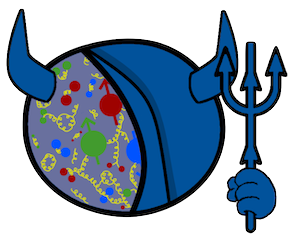Speaker
Description
Quantum simulation may open the door to addressing a range of computationally intractable problems in strong-interaction physics. In particular, with its reliance on Hamiltonian methods, quantum-simulation and quantum-computing methods are ideal for accessing a wealth of static and dynamical properties of hadrons, nuclei, and dense matter, including a range of structure functions, dynamical response functions, transport properties, and non-equilibrium and thermalization physics of quantum chromodynamics. Significant progress is reported in recent years in developing theoretical foundations and algorithmic tools, and in implementing and benchmarking problems on quantum hardware. I will review some of these activities, and I will further comment on what it may take for quantum simulation to be considered a reliable and accessible approach to studying strong-interaction physics in the coming years.

